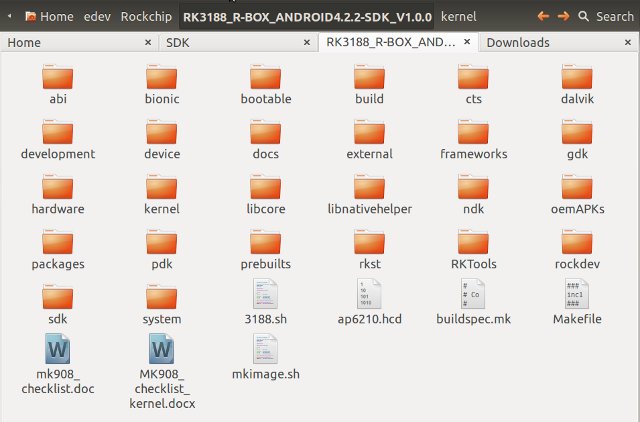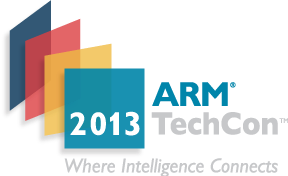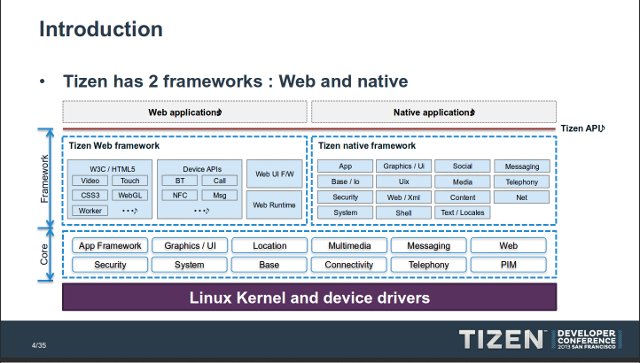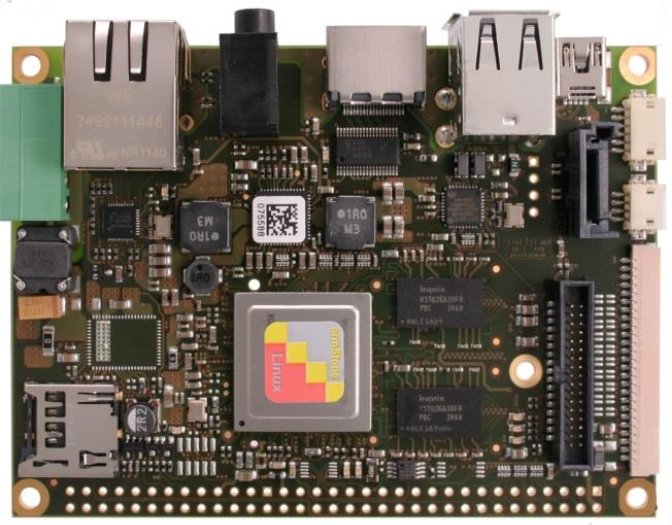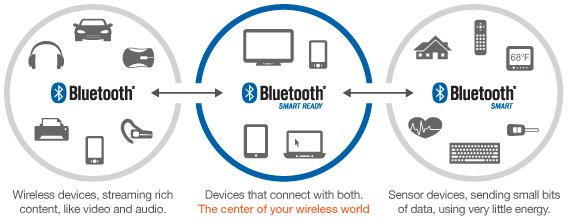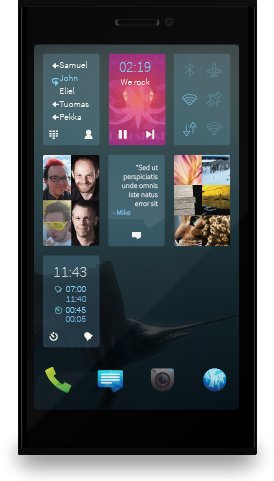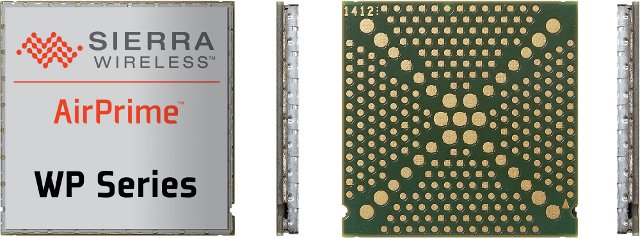We’ve had the Linux source code for RK3188 for a little while, which allowed a preliminary Ubuntu image to boot on devices such as Tronsmart T428. But AFAIK, we did not have any Android SDK for RK3188 HDMI TV Stick, until now. A new user on ARMTvTech has uploaded 5 rar files that can be decompressed into a single 3.2GB file called mk908_RK3188_R-BOX_ANDROID4.2.2-SDK.tar.gz. I’ve had a look, and this is the content of the file which appears to be a complete Android 4.2.2 SDK for MK908. There’s 2 documents in Chinese: mk908_checklist.doc – Apparently some instructions, or recommendations specific to Android MK908_checklist_kernel.docx – Some details about the kernel config There are also more documents and directories in RKTools/docs, but I haven’t checked the details:
|
1 2 3 4 5 6 7 8 9 10 11 12 13 14 |
ls android分区修改说明.pdf Camera_for_RockChipSDK参考说明_v4.0.pdf Infrared remote control R-Box Platform User Manual_V0.9.pdf RK29OR30_ota.pdf RKeMMCSupportList Ver1.09_2013_4_15.pdf RKNandFlashSupportList Ver2.61_2013_4_15.pdf RKRemoteControl RK USB Application Note_V2.0.pdf ROBX-SDK 发布说明(RK3188_R-BOX_ANDROID4.2.2-SDK_V1.0.0_130514).pdf Rockchip Parameter File Format Ver1.3.pdf SDK 发布通知.pdf wifidisplay |
Back to the root directory, we’ve got a Makefile, and mkimage.sh script, but both are called by 3188.sh script which apparently builds all, and generates […]


